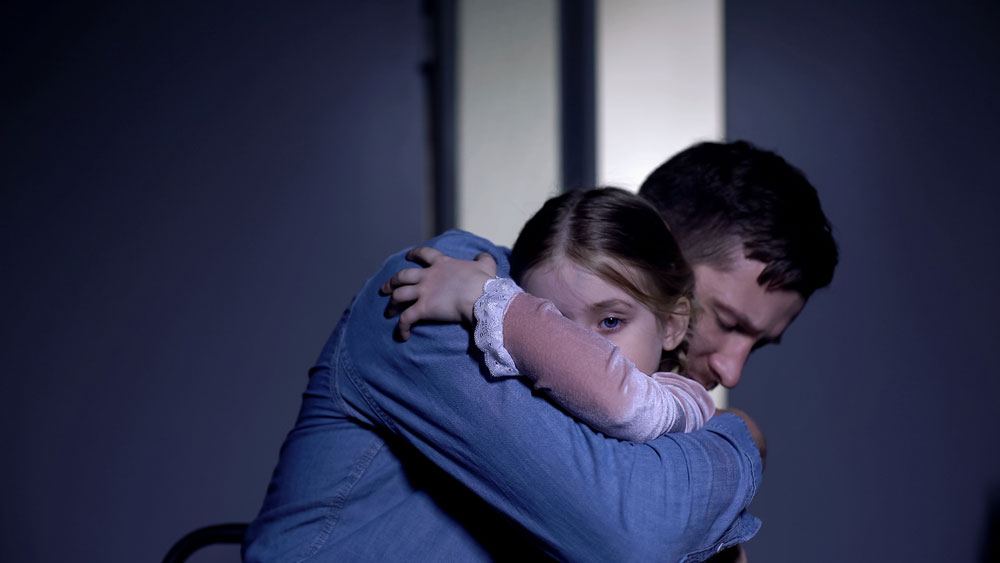June is PTSD Awareness Month – a time to bring attention to a condition that affects millions of people, including children. Many assume that mental health issues like post-traumatic stress disorder only affect adults. Unfortunately, that’s a misconception. Children can and do develop PTSD when they experience trauma, and because they often lack the language or developmental skills to express themselves, you must be vigilant about recognizing the symptoms.
How PTSD Develops in Children
PTSD can develop after a child experiences or witnesses something frightening or dangerous. Examples of trauma include:
- Physical or sexual abuse
- Severe neglect
- Domestic violence
- Natural disasters
- Car accidents
- The sudden loss of a loved one
A child’s understanding of trauma is different from an adult’s, and their symptoms may appear unique to their developmental stage.
Common Symptoms of PTSD in Children
Because children often lack the ability to verbalize their experiences, PTSD symptoms in children can show up in various ways.
- Re-experiencing the trauma: Frequent nightmares, flashbacks or distress when reminded of the event.
- Avoidance and emotional numbing: Withdrawing from friends and activities, refusing to talk about what happened or showing less interest in things they once enjoyed.
- Increased arousal: Trouble sleeping, irritability, hypervigilance or an exaggerated startle response.
- Regression: Returning to earlier developmental behaviors such as bedwetting, thumb-sucking and separation anxiety.
- Physical complaints: Headaches, stomachaches or other unexplained physical symptoms.
- Difficulty concentrating: Problems in school, attention issues or declining academic performance.
Pine Grove’s Leading Children’s Treatment Program
Untreated PTSD can have long-lasting effects on your child’s emotional, social and cognitive development. It can interfere with school performance, relationships and quality of life. Early intervention is crucial to help children process their trauma and develop healthy coping strategies.
At Pine Grove, we understand that children with PTSD need specialized care. Our child and adolescent treatment program provides a safe, nurturing environment where young people can begin to heal. We use age-appropriate therapies that help children express their feelings and learn to manage their symptoms.
Our multidisciplinary team works closely with families to ensure comprehensive support for each child’s unique needs. We believe every child deserves the chance to thrive and work hard to make that possible.
Supporting Children’s Mental Health
Parents and caregivers play a crucial role in recognizing the signs of PTSD in children and seeking professional help. Don’t wait if your child has experienced trauma and now shows signs of distress. Contact us today to learn more about our children’s treatment program and how we can put your family on the path to healing.

